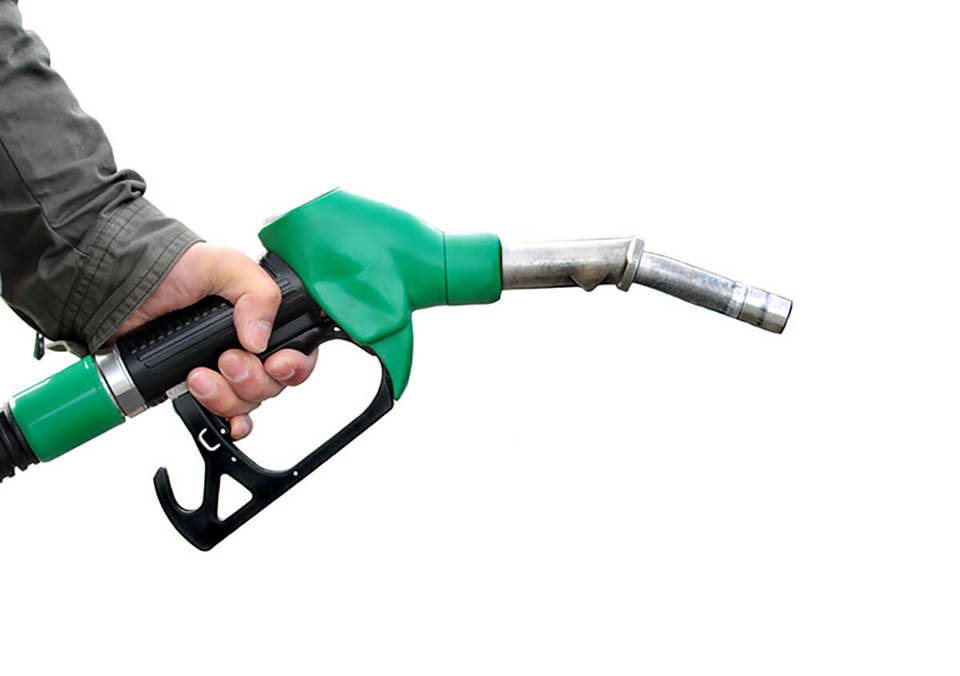Hard won savings which resulted from fleets focusing on fuel management will require continued vigilance as the economic picture improves.
Fleets employed a range of measures to tackle their second biggest expense during the downturn and industry experts say maintaining that single-mindedness should remain a priority.
“We have seen fleet managers using fuel cards as a way to understand where their drivers are purchasing fuel, how much they are buying, the price and their mpg performance,” explains Jenny Powley, sales director for Arval’s card division.
“They’re also using this data to identify drivers or vehicles that have a particularly high cost per mile and taking action to reduce this.”
But as the green shoots of recovery start to emerge, Peter Bridgen, managing director of Keyfuels, says: “It may be tempting to take your eye off the ball and focus on other areas of growth as things improve, but fleet managers need to stay vigilant to ensure the hard work and savings made during the economic crisis pay off.”
The recession was only one factor in businesses desire to take more control of fuel costs, according to Powley. High pump prices, which continue to be volatile, are helping fleets maintain their focus.
“Companies historically may not have realised the size of the financial savings that could be made through a properly controlled fuel management policy,” she says.
“However, now I think there is real recognition that any action a business takes to reduce their drivers’ fuel bills can add up to a significant saving across a whole fleet. Now they are open to looking at new and different ways to try and reduce these bills.”
While fleet experts recommend that the introduction of fuel cards has been the simplest way to obtain the management information required to help drive down costs, the introduction of smarter working practices, telematics and more economical vehicles have all played their part.
“Another key trend is that more fleets are encouraging their drivers to fill up at cheaper filling stations because they have seen from our fuel card reports that some drivers are paying much more than others,” says Powley.
For example in April, the price of diesel varied from 117p per litre at the cheapest fuel forecourts to over 127p per litre at the most expensive.
“This demonstrates that fleets can make significant savings if they point their drivers in the direction of cheaper sites,” she says.
“Aside from fuel cards, we have certainly seen more focus on better journey planning. “Drivers can make significant cost savings by considering the quickest and cheapest route to take, when to travel to avoid congestion and whether car sharing is a viable option. Businesses are starting to look a lot more at cutting out unnecessary journeys and using homeworking, teleconferencing and videoconferencing.
“Vehicle selection is another way that companies are looking to cut fuel consumption in the longer term. Whether they are petrol, diesel or hybrids, fleets and drivers themselves are keen to look at more fuel efficient vehicles.”
Fuel cost calculator – your key for efficiency
If accurate data is central to fuel management, the Fleet News fuel cost calculator, available online at www.fleetnews.co.uk, is an essential fleet tool.
The ‘quick’ option allows fleets to input mpg, annual mileage and fuel price and shows the cost for the year, including the impact of a 1ppl fuel price increase or an improvement in mpg.
Meanwhile, the ‘detail’ option enables operators to build up their entire fleet of company vehicles by model/derivative, fuel type and number, add in a national average fuel rate or a rate that is specific to a region of the country, and work out the total annual fuel bill for their fleet.
It will also inform fleets about the impact to their costs of a 1ppl increase in fuel price and the savings that would be achieved by an average 1mpg improvement in fuel efficiency.
For example, within a few seconds the ‘quick’ option will calculate that a fleet vehicle achieving 45mpg, covering 20,000 miles per year at a ppl price of 122.8 will cost £2,481.13 a year.
A 1ppl increase would cost an extra £20.20, while an additional 1mpg improvement would save £53.91.
Other methods to make your fleet more fuel efficient could include monitoring drivers exceeding a pre-agreed mpg figure or those with excessively high fuel bills.
Regular driving tips could be posted on a company intranet or emailed to help curb drivers’ bad habits. For example, Hi-Q points out that driving at 50 mph can use 25% less fuel than at 70mph; a reduction from 80 to 70mph can save 40p every 10 miles and driving at 90mph can use 60% more fuel than at 70mph.
But it is one thing preaching better, more fuel-efficient driving styles – getting drivers to follow this advice is quite another. Incentives can be introduced to persuade staff to drive more efficiently or opt for more economic vehicles.





















Login to comment
Comments
No comments have been made yet.